
There can be 76 legally approved additives in your wine, including 4 that are derived from 6 different animal organs. We think there should be zero.
What I call the dirty, dark secrets of the wine industry – and what I’m doing to fix it

FOUNDER, DRY FARM WINES
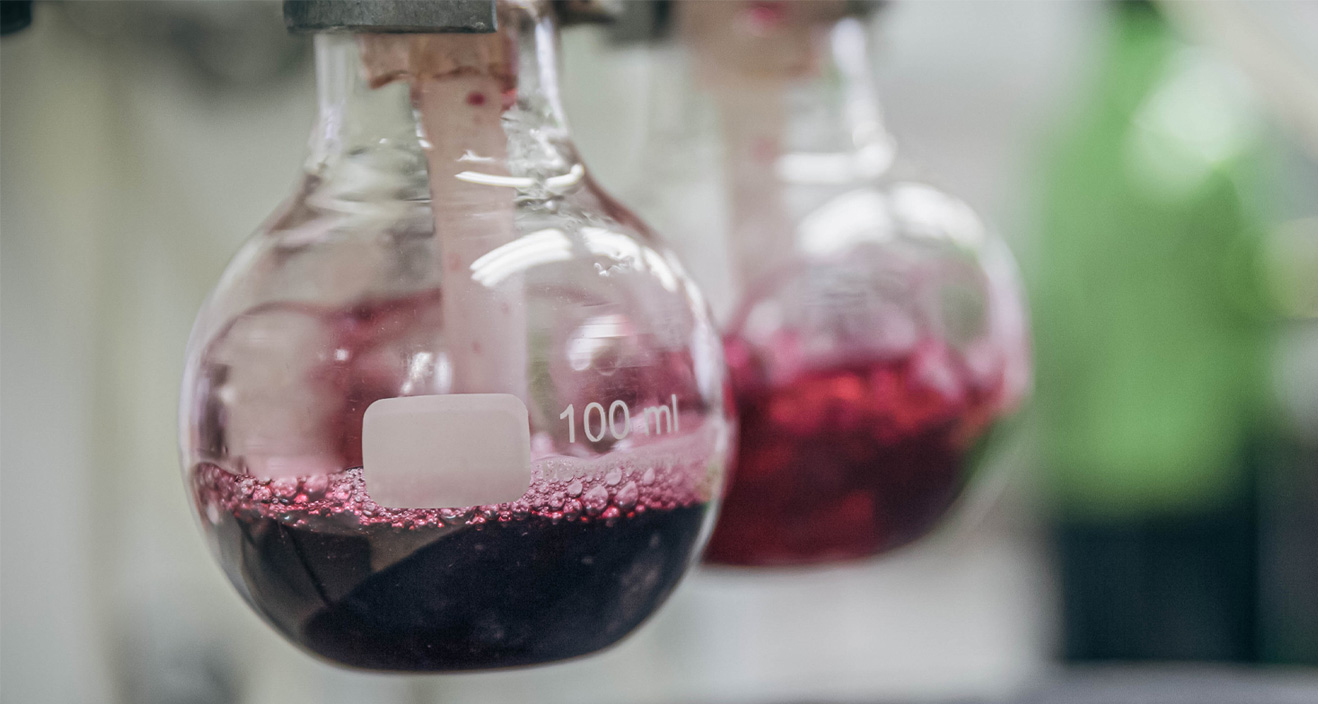
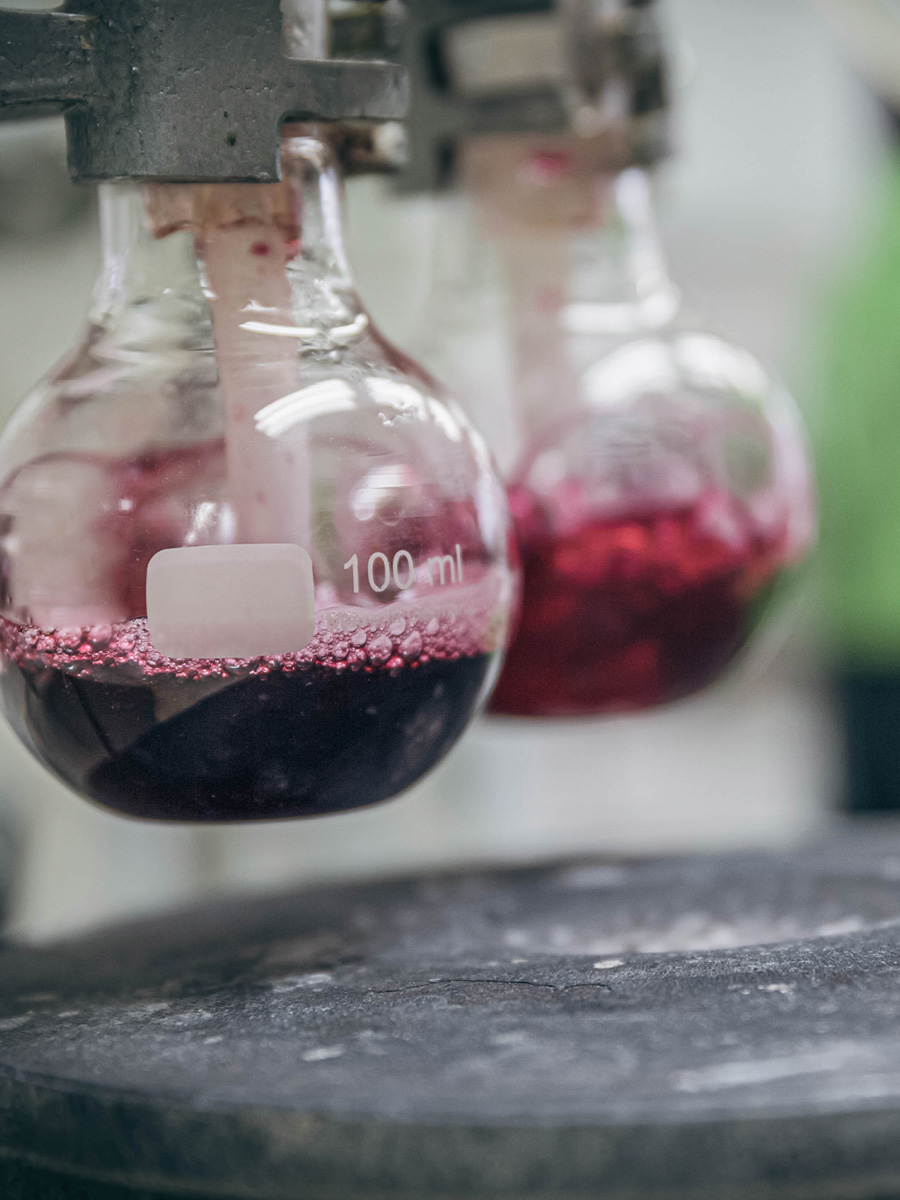
Welcome to “Wine Truth 101” — created for people who care deeply about what they put into their body… but also love to drink wine.
If you enjoy wine, you’ve certainly consumed legal additives without knowing it.
Wine is one of the only food or beverage products in America that can be made, packaged, and sold without ever letting the consumer know what they’re putting into their own body. Washington, DC lobbyists have convinced Congress that they don’t need the same rules as other food and beverage industries.1
There are 76 government-approved additives that winemakers in the USA are legally allowed to add to their wine…2
12 of these legal additives are classified as “health hazards” by the National Institutes of Health (NIH).3
Two of them are considered “acute toxins.” 4,5 4 of them are derived from 6 different animal organs, and eight of them are derived from mold substances (including the mycotoxin, Ochratoxin A).6
In recent years, independent studies have found the toxic herbicide glyphosate (Roundup) and even arsenic in US wines, too.7,8
The wine lobby claims that these chemicals are not present in harmful amounts.
We don’t think we should drink these chemicals in ANY amounts, and you should certainly know about them if they are in your wine.
Seven years ago, I had to stop drinking wine. It’s a period I call “suffering through sobriety…”

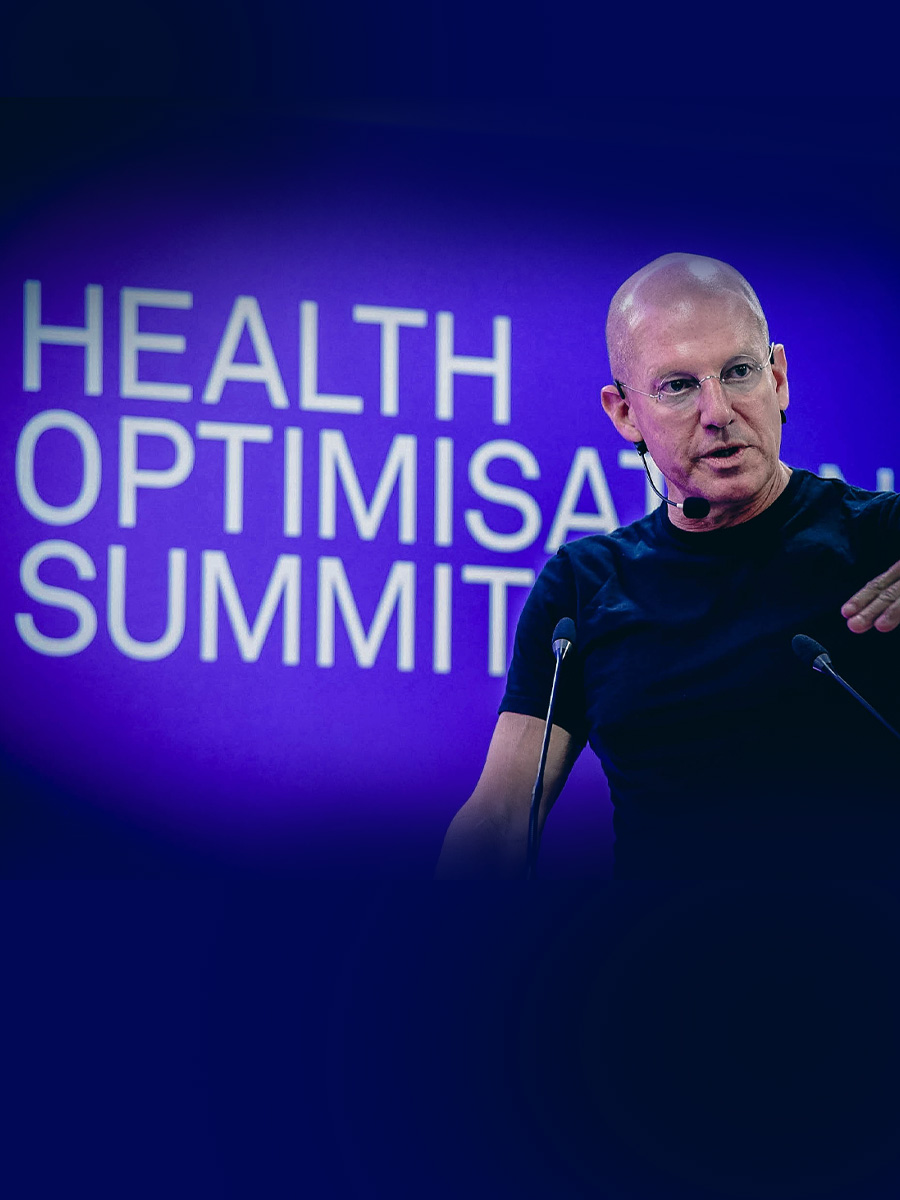
My name is Todd White, and I am a wellness and longevity lifestyle expert. I believe that you shouldn’t just seek to live a long life… you should seek to live it well.
Seven years ago, I stopped drinking wine. I like drinking wine… a lot. But wine was making me feel bad.
So I quit everything “bad,” cold turkey. I switched to a ketogenic diet, began meditating, and started a strict protocol of intermittent fasting.
The benefits were phenomenal. I felt younger, sharper, clearer… and I still maintain and promote these practices today.
I didn’t want to give up my wine — so I started looking for a way to mindfully and intentionally consume it, keeping the joy while avoiding the toxins.
“Factory Wine” is loaded with additives, sugar, and unnecessary alcohol. When I switched to Natural Wine, the difference was like night and day.
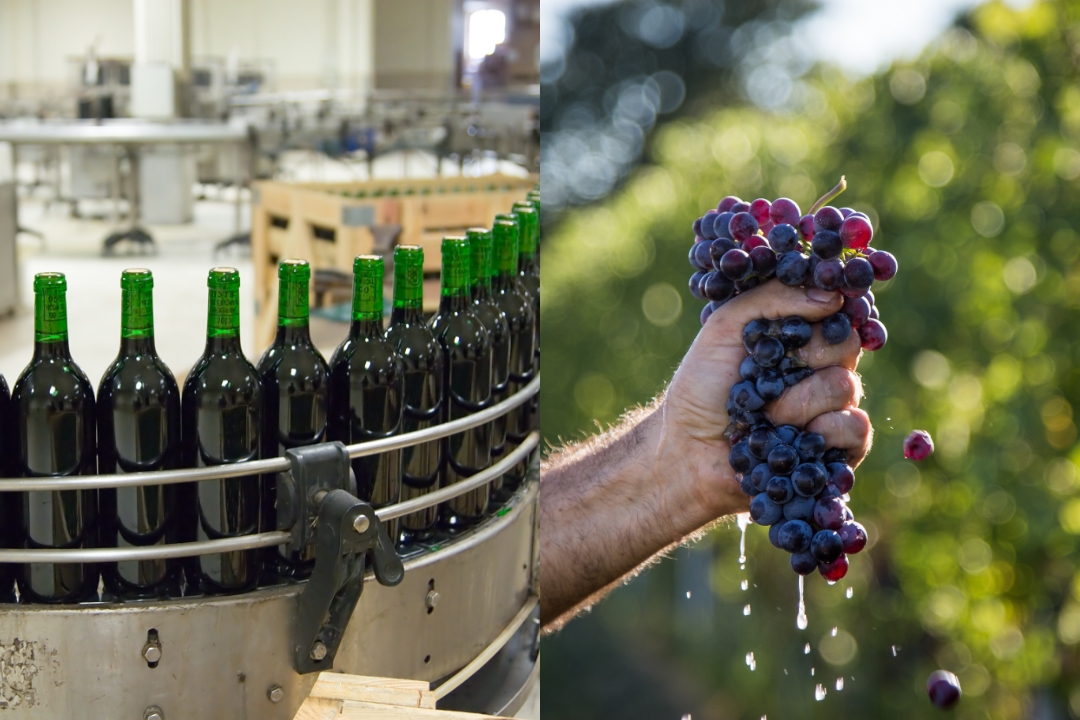
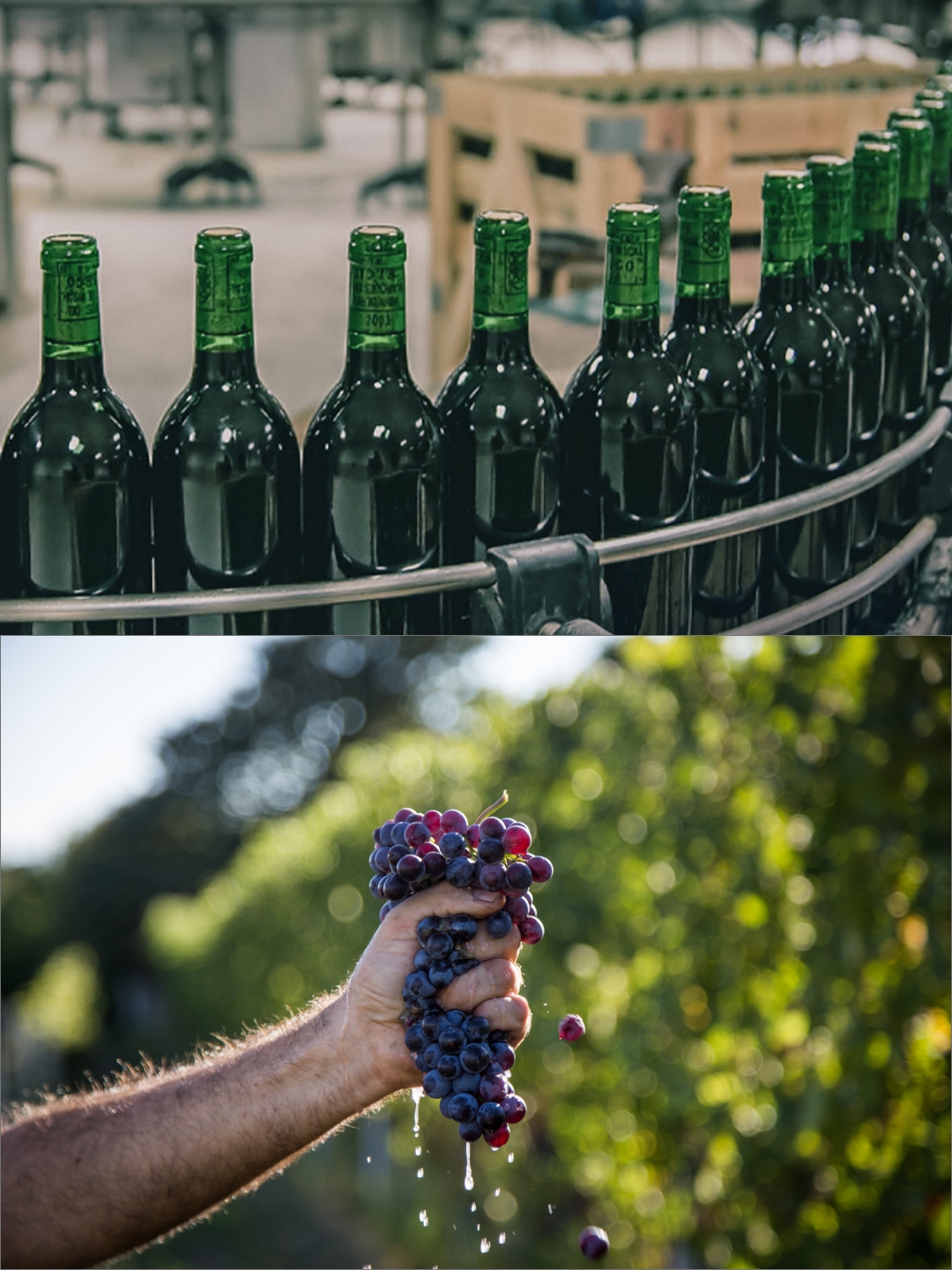
Most of the wines made in the U.S. are manufactured in massive wine factories in central California by just a handful of giant companies. And they are stealthy. They act like small wineries, but they aren’t.
Today, 3 companies make nearly 60% of the wine sold in the United States — and the top 25 U.S. wine companies make nearly 90% of all U.S. wines.9,10
Their goal is to make a product quickly and cheaply — and the effects of that are found in every bottle.
Alcohol levels in the US have been climbing, with many wines approaching 15% ABV over the last few years. 11 And you’d be shocked at the sugar levels in conventional wines — even dry reds. It’s almost impossible to enjoy wine without overloading your system with an inflammatory combination of high alcohol and sugar.
To make it cheaper and faster, they farm with chemicals and use additives. I can hardly even call it wine, because these beverages are engineered by chemists. And worst of all, it's all a secret.
The most dangerous additive is dimethyl dicarbonate (DMDC), which is strongly toxic to humans. 12 Look at the screenshot below of its chemical profile from the National Institutes of Health (NIH). I certainly don’t want to drink this.
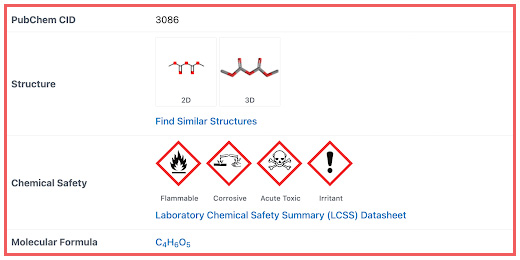
I believe that what you put into your body dictates the quality of what you get out. Even if the government says this is acceptable to use in wines, I don’t want these additives anywhere near my wine. If you feel the same way, I have some good news…
Natural Wine is made with nearly-forgotten methods and strict standards: zero industrial additives, no sugar, and lower alcohol.
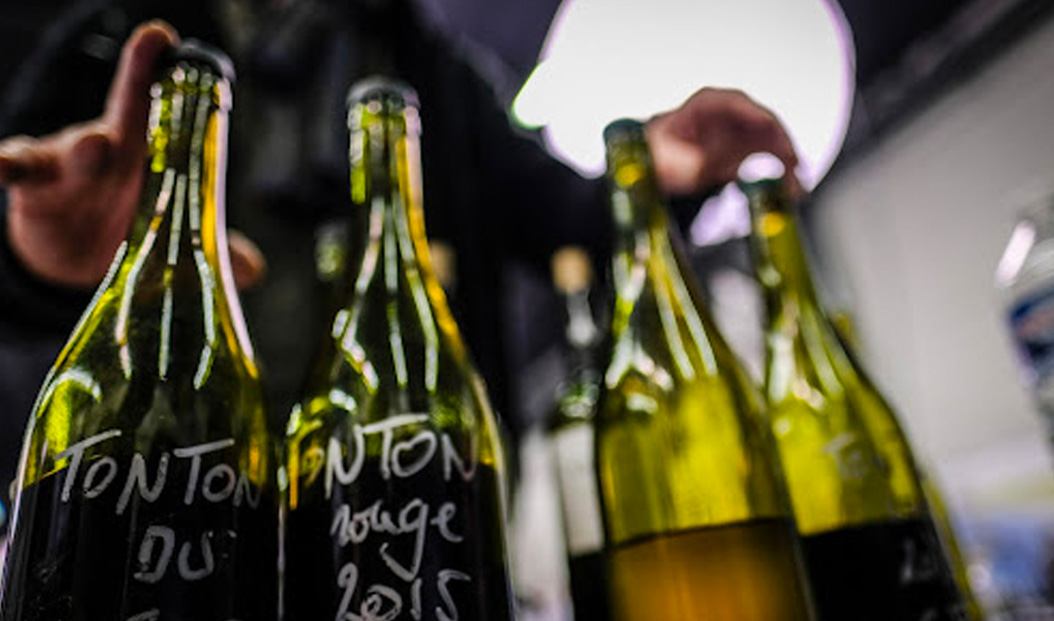
Natural Wine is made as Mother Nature provides it to us… the way it used to be made.
Natural Wine isn’t just made without hard-to-pronounce industrial additives… it’s made without anything added that couldn’t be found in the vineyard. No concentrates. No dimethyl dicarbonate. No animal products. No mold products. And no GMO yeast.
It’s often made on small family farms that rely on organic, regenerative farming and winemaking practices to get pure, natural flavor from the grape.
When I first tried Natural Wines, the difference was incredible. The taste, the purity… the entire experience was so much better than the conventional wines I used to drink.
But I wanted to be sure they were trustworthy. So I sent them to an independent, certified enologist for lab testing. I began to develop a strict set of criteria. I only wanted to drink wines that fit all of them:
- Must taste delicious
- No industrial, nasty additives
- Organically farmed
- Sugar-free
- Vegan: no use of any animal products
- Less than 12.5% alcohol by volume
- 100% free of mycotoxins
The bottles that met these standards were all “dry farmed” — grown without irrigation, so that only grapes that are truly suited to the soil and climate can thrive.
Today, I can once again enjoy wine every night — while still living a life that fits my values and keeps me clear, sharp, and energized every day.
I started sharing them with friends. They absolutely loved them — not just the taste, but how they felt about drinking it. The next morning, I awoke to grateful messages from my dinner guests who were raving about the wine and their clear-headed morning after.
This is the strictest wine certification in the world — it’s estimated that, only 0.01% of wines meet it.
Over the next few months, I developed the Dry Farm Wines Certification for finding the purest Natural Wines on the planet.
This included a strict set of criteria:
- only organically farmed
- grown without irrigation
- sugar free
- additive free
- lower alcohol
- lower sulfite
- lab tested wines
- grown by family farmers, not large corporations
- friendly to keto, paleo, and low carb lifestyles
- vegan (no animal products allowed)
It was from this personal journey that Dry Farm Wines was born. I set out to discover, curate, and share more of these pure Natural Wines with the world, and to educate people on what is really in their wine.
And now you can try it for yourself.
Drink Natural Wine from small farms that still make wine the way it used to be made… the way it should be made.
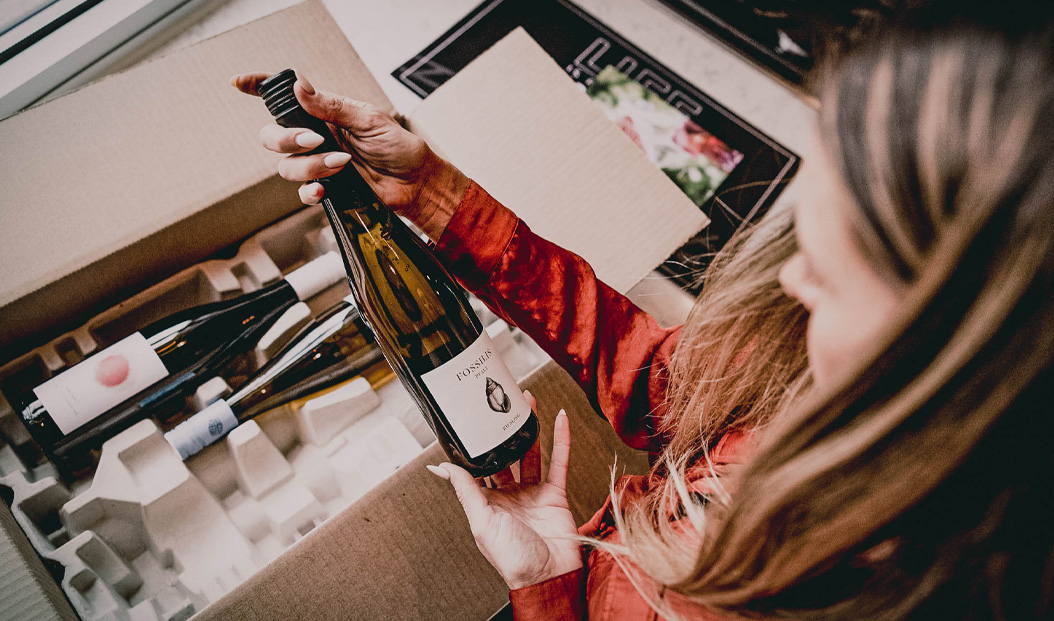
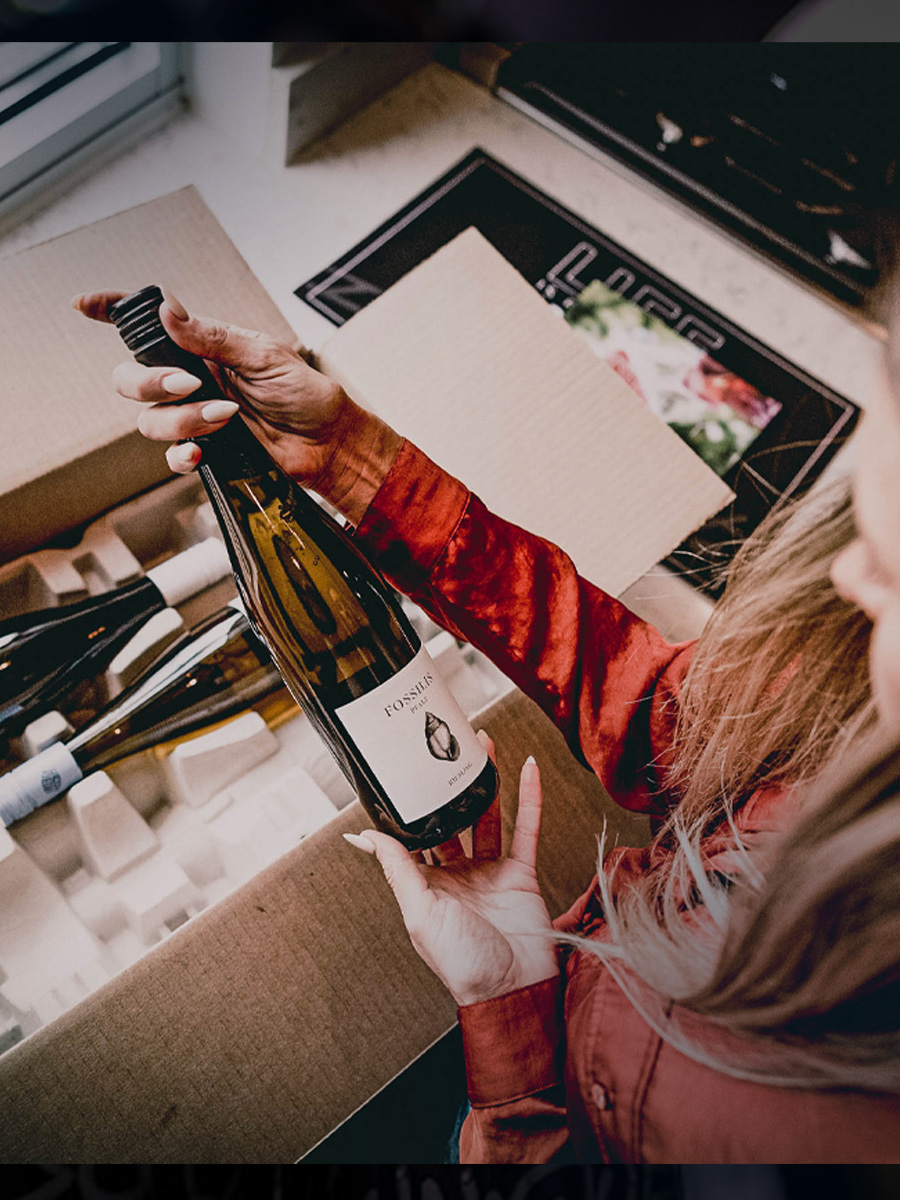
In the last 6 years, I’ve turned Dry Farm Wines into an exclusive wine club… but calling it a “club” doesn’t really tell the story.
Dry Farm Wines is a community of health-conscious people who care about what they put into their bodies and they care about Mother Earth. All our Members rely on us to curate new, exciting pure Natural Wines from around the world with exacting standards. Here’s how it works:
When you open a box of Dry Farm Wines, you get a collection, tailored to your tastes, of truly unique and delicious wines. We provide you with tasting and pairing notes so you can deeply experience each bottle with friends and family.
You’re in charge: no commitments, no hidden fees, and an ironclad guarantee that you’ll love every bottle
While we use a convenient membership model, there is absolutely zero commitment on your end.
At any time, you can pause shipments, change how much you get, or swap the types of wine you’re getting. And we make it very easy to cancel: no fees or loopholes.
Our Members enjoy wine regularly and love the convenience of a consistent delivery where we are doing all the work. Pure Natural Wine just shows up.
Plus, we back every single bottle with a Happiness Promise. Don’t love a bottle? Just contact us and we’ll replace it, free of charge. Guaranteed.
I didn’t start this business to nickel-and-dime you over a bottle of French Gamay that wasn’t to your taste. I treat you exactly as I would want to be treated.
If you’re ready to taste the difference of Natural Wine, it’s easy to get started.

If you’re ready to embrace life and celebrate wine, it’s easy to get started with Dry Farm Wines.
Just click the button below to be taken to our order page. You can choose a box of red, white, mixed, rose, or bubbly, with a choice of box size.
Our 12-bottle mixed option is by far the most popular way to get started.
When our customers open their first box, the first few bottles tend to go fast. They can’t believe that an organic wine tastes so good, and they rave about it to their friends. They share a bottle or two… and they realize they don’t want to go back to drinking conventional wine at every meal.
And our wines are ready to drink now. You’ll pay less per bottle to start with a box of 12.
Your subscription is 100% flexible: cancel, change, or pause it at ANY time, with absolutely zero commitments.
Click the button below to get started. I’ve been drinking the purest wines in the world for 7 years now — it’s your turn to experience the difference.

- https://www.opensecrets.org/industries/lobbying.php?cycle=All&ind=N02
- https://www.ttb.gov/wine/treating-materials
- https://dryfarmwines.com/additivesguide
- https://pubchem.ncbi.nlm.nih.gov/compound/3086
- https://pubchem.ncbi.nlm.nih.gov/compound/1119
- https://www.ncbi.nlm.nih.gov/pmc/articles/PMC201698
- https://www.foodsafetynews.com/2015/03/lawsuit-alleges-high-arsenic-levels-in-some-california-wines/
- https://www.winebusiness.com/news/article/166649
- https://wineeconomist.com/2022/02/08/consolidation-2022/
- https://www.winebusiness.com/wbm/?go=getArticle&dataId=240705
- https://www.decanter.com/learn/are-alcohol-levels-in-wine-rising-data-460879/
- https://pubchem.ncbi.nlm.nih.gov/compound/3086